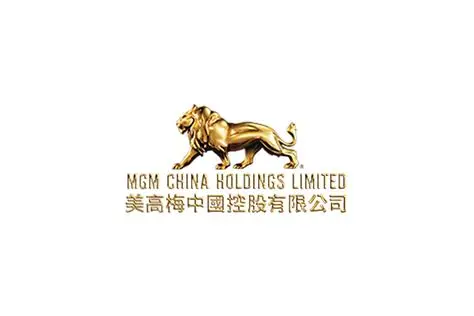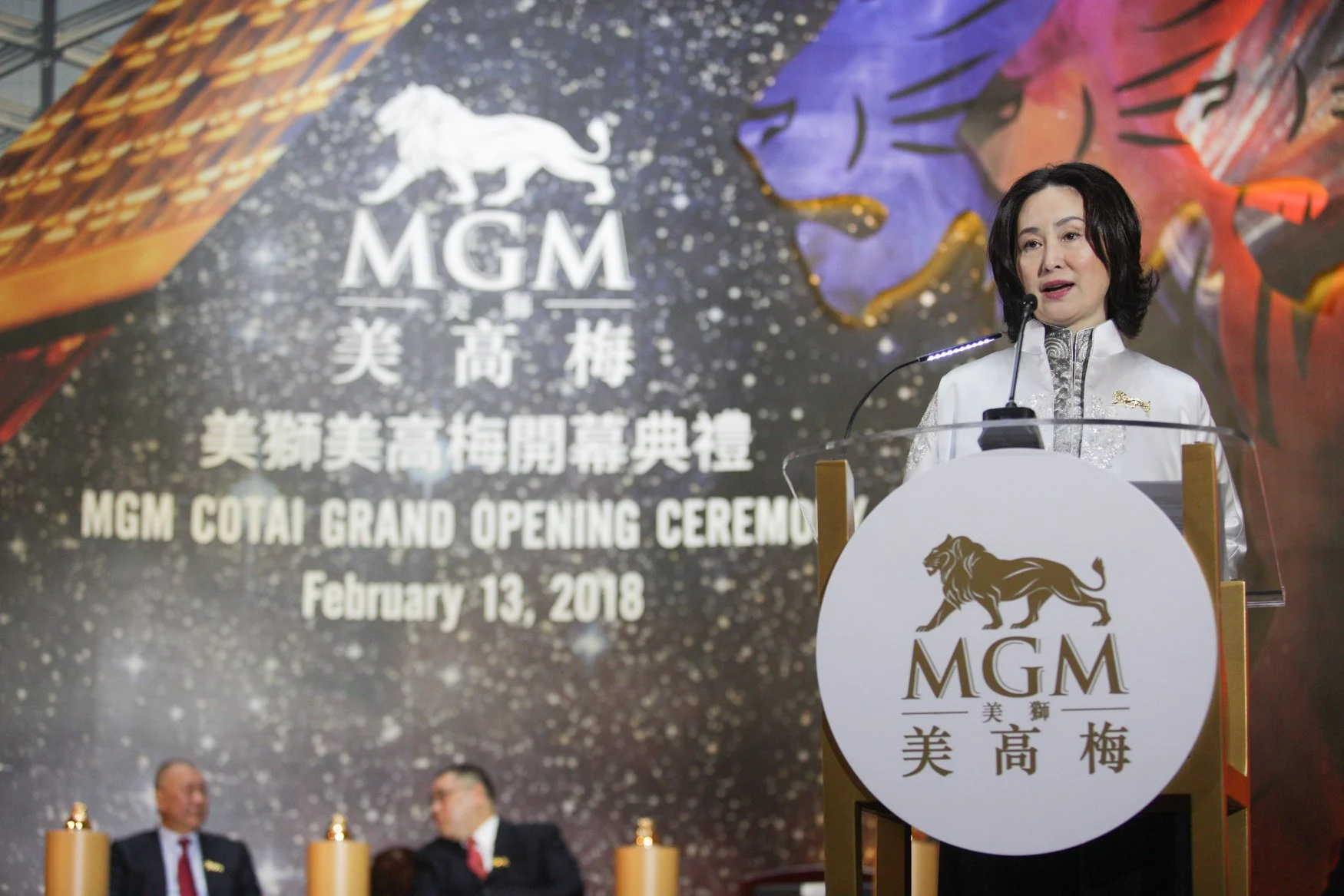
MGM China has publicly condemned a deepfake video that falsely portrays its chairperson, Pansy Ho, making statements she did not authorize. The company issued a statement asserting that the manipulated video is a malicious fabrication designed to mislead stakeholders, damage reputations, and sow confusion. They affirmed that neither Ms. Ho nor MGM China had any involvement in the content or its production, and declared its intention to pursue legal measures against those responsible.

The emergence of this incident illustrates the growing threat of synthetic media in corporate environments, where a fabricated video can spread rapidly and generate reputational risk before fact checking can catch up. In a sector already sensitive to regulatory oversight and public trust, such deepfakes can be weaponized to undermine confidence in leadership, misinform investors, or instigate market volatility. — especially in jurisdictions like Macau and Hong Kong where governance, licensing, and public perception are critical to gaming operators’ stability.
In response, MGM China’s move to strongly denounce the video signals a zero-tolerance stance toward deepfake misuse. It underscores the necessity for companies in high-visibility industries to develop digital forensics, rapid-response protocols, and legal strategies to counter synthetic disinformation. As AI tools for creating deceptive media become more accessible, MGM China’s case may become a reference point for other operators facing similar digital security threats.

 Content Writer: Janice Chew • Thursday, 25/09/2025 - 22:20:28 - PM
Content Writer: Janice Chew • Thursday, 25/09/2025 - 22:20:28 - PM